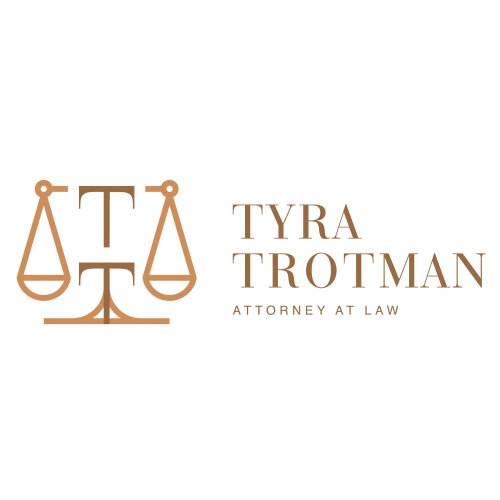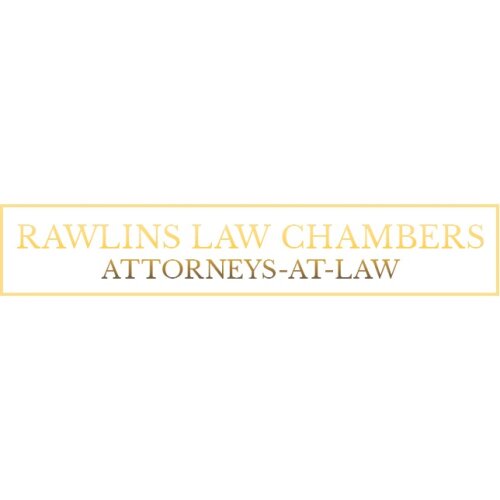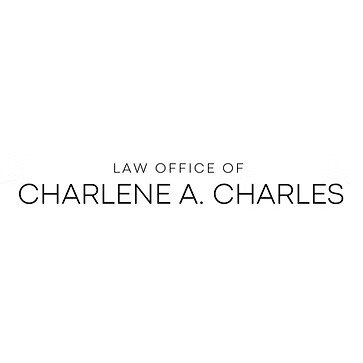Best Financial Services Regulation Lawyers in Barbados
Share your needs with us, get contacted by law firms.
Free. Takes 2 min.
Or refine your search by selecting a city:
List of the best lawyers in Barbados
About Financial Services Regulation Law in Barbados
Financial Services Regulation in Barbados is structured to maintain the stability and integrity of the country's financial system. This involves a framework of laws, rules, and standards governing financial institutions, including banks, investment businesses, insurance companies, and credit unions. The government of Barbados, through the Financial Services Commission (FSC), oversees the licensing, supervision, and regulation of these entities to ensure compliance with statutory obligations and protection of consumers. Barbados also works closely with international organizations and follows international best practices to enhance the financial regulatory environment.
Why You May Need a Lawyer
Navigating the intricacies of Financial Services Regulation can be challenging given the complexity of the laws and potential consequences of non-compliance. People may need legal assistance in situations such as:
- Establishing a new financial services business and obtaining the necessary licenses.
- Ensuring ongoing compliance with local financial regulations and standards.
- Facing enforcement actions or compliance investigations by regulatory bodies.
- Understanding changes in regulations that affect business operations.
- Resolving disputes related to financial services or transactions.
- Advising on mergers, acquisitions, or restructuring within the financial sector.
Local Laws Overview
The key pieces of legislation governing Financial Services Regulation in Barbados include the Financial Services Commission Act, the Insurance Act, the Securities Act, and the Money Laundering and Financing of Terrorism (Prevention and Control) Act, among others. These laws set the framework for licensing, oversight, consumer protection, and enforcement procedures.
The Financial Services Commission (FSC), established under the Financial Services Commission Act, is the principal regulator, tasked with supervising non-bank financial entities, ensuring adequate disclosures, and managing systemic risks. Compliance with anti-money laundering directives and customer due diligence requirements are also a significant aspect of regulations in Barbados. Institutions must remain vigilant in maintaining records and conducting thorough risk assessments as prescribed by local and international guidelines.
Frequently Asked Questions
What is the role of the Financial Services Commission in Barbados?
The FSC is responsible for licensing, regulating, and supervising all non-bank financial institutions, ensuring adherence to legal requirements and maintaining market stability.
Do I need a license to operate a financial services business in Barbados?
Yes, most types of financial services businesses are required to be licensed by the FSC to operate legally in Barbados.
What are the penalties for non-compliance with financial regulations?
Penalties can include fines, suspension of licenses, or even criminal charges, depending on the severity of the non-compliance.
How can I ensure my financial institution complies with local laws?
Engage in regular compliance checks, keep updated with regulatory changes, and possibly retain legal counsel to navigate the regulatory landscape effectively.
What are the requirements for anti-money laundering compliance?
Institutions must implement robust customer due diligence practices, monitor transactions, maintain appropriate records, and report suspicious activities to the relevant authorities.
Can foreign financial institutions operate in Barbados?
Yes, but they are subject to the same regulatory requirements and need to obtain the necessary licenses from the FSC.
What should I do if I receive a compliance notice from the FSC?
Seek immediate legal advice to understand the implications of the notice and to develop an appropriate response or remediation plan.
Are online financial services regulated in Barbados?
Yes, online financial services fall under the same regulatory framework and must comply with the relevant laws and guidelines.
What is the procedure for reporting financial misconduct?
Reports should be submitted in writing to the FSC, providing detailed information about the alleged misconduct.
How often are the financial laws reviewed or updated?
Financial laws are reviewed periodically to ensure they remain relevant and effective in addressing emerging risks and market changes.
Additional Resources
Those seeking more information can refer to resources provided by the Financial Services Commission of Barbados and other related governmental bodies. Key resources include:
- The Financial Services Commission’s official publications and guidelines.
- Barbados Ministry of Finance’s reports and legal updates.
- Public resources from international financial regulatory organizations.
Next Steps
If you require legal assistance in Financial Services Regulation, consider seeking a lawyer with expertise in local financial laws. Start by researching accredited law firms in Barbados that specialize in financial services. Schedule consultations to discuss your specific needs and to gain a better understanding of the services they can provide.
It may also be beneficial to attend seminars or workshops hosted by the FSC or other industry bodies to stay informed about recent regulatory developments and network with professionals in the field.
Lawzana helps you find the best lawyers and law firms in Barbados through a curated and pre-screened list of qualified legal professionals. Our platform offers rankings and detailed profiles of attorneys and law firms, allowing you to compare based on practice areas, including Financial Services Regulation, experience, and client feedback.
Each profile includes a description of the firm's areas of practice, client reviews, team members and partners, year of establishment, spoken languages, office locations, contact information, social media presence, and any published articles or resources. Most firms on our platform speak English and are experienced in both local and international legal matters.
Get a quote from top-rated law firms in Barbados — quickly, securely, and without unnecessary hassle.
Disclaimer:
The information provided on this page is for general informational purposes only and does not constitute legal advice. While we strive to ensure the accuracy and relevance of the content, legal information may change over time, and interpretations of the law can vary. You should always consult with a qualified legal professional for advice specific to your situation.
We disclaim all liability for actions taken or not taken based on the content of this page. If you believe any information is incorrect or outdated, please contact us, and we will review and update it where appropriate.
Browse financial services regulation law firms by city in Barbados
Refine your search by selecting a city.












